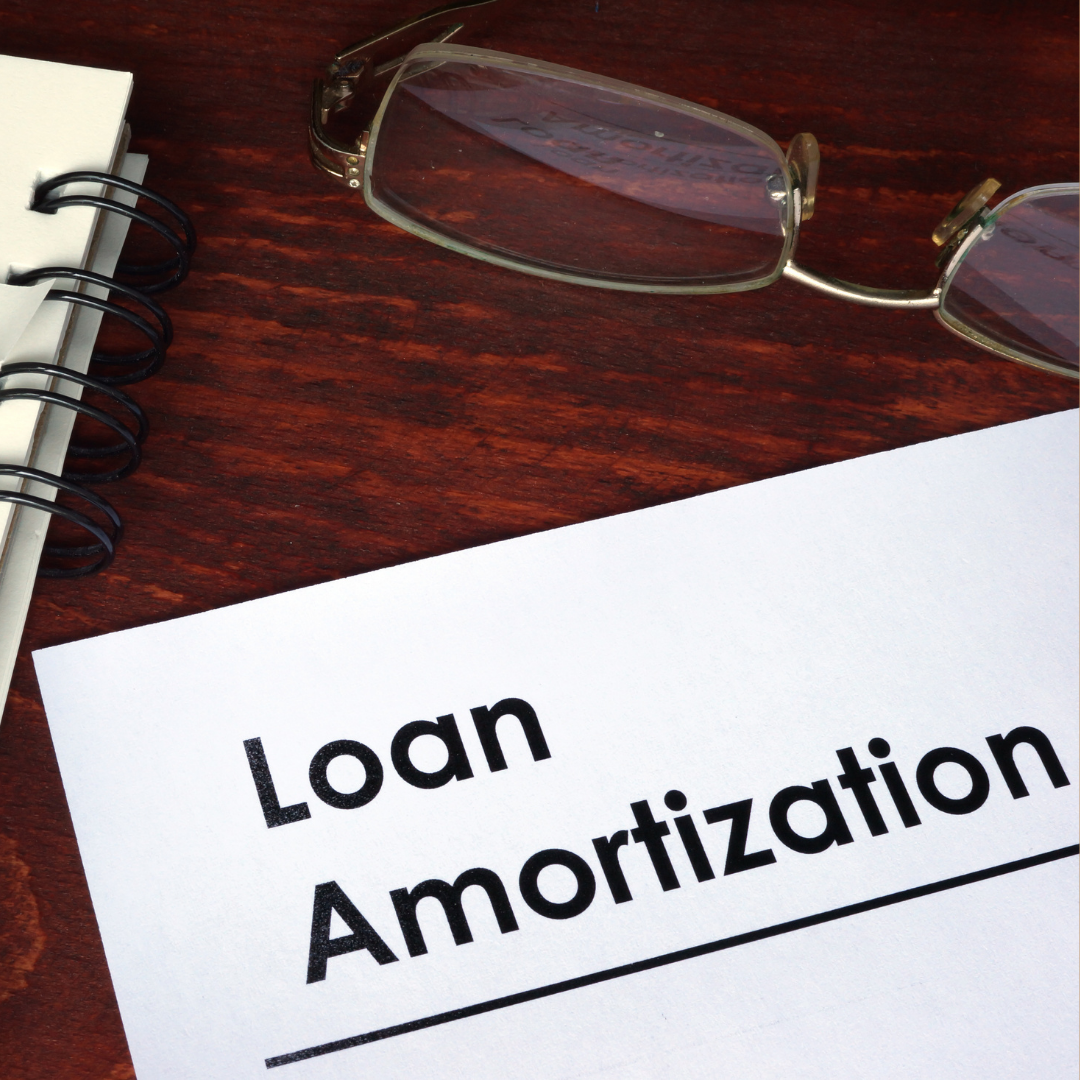Understanding Your Debt To Income Ratio: What It Means
 If you are looking for a home, you might need to finance it using a lender, such as a bank or a credit union. There are a number of factors that will influence whether your mortgage application is approved. Then, these same factors will play a role in the terms the lender might offer you. One of the most important factors is called the debt to income ratio, or DTI. It is important to understand how this will impact your mortgage application.
If you are looking for a home, you might need to finance it using a lender, such as a bank or a credit union. There are a number of factors that will influence whether your mortgage application is approved. Then, these same factors will play a role in the terms the lender might offer you. One of the most important factors is called the debt to income ratio, or DTI. It is important to understand how this will impact your mortgage application.
What Is A Debt To Income Ratio?
Your DTI is important to the lender because this allows the lender to figure out the likelihood of you paying your mortgage on time. The less debt you have, the more financial stability you have to pay a potential mortgage.
To calculate your debt to income ratio, you need to calculate all the bills you have for the upcoming month. For example, if you have rent and a car payment, you add these numbers together. Then, you divide this number by your gross monthly income. If your rent is $900 and your car payment is $200, your total debt is $1100. Then, if you earn $3300, divide $1100 by $3300. This is about 33 percent.
Student Loan Debt Is A Driving Factor
With many members of the younger generation getting ready to purchase a house, it is important to understand the impact of student loan payments. Because a lot of potential home borrowers have student loans to pay back, their debt-to-income ratios will be significantly higher. This could make it harder for younger borrowers to get qualified for a mortgage, particularly one with favorable terms.
How To Improve Your Mortgage Application
Before you apply for a home loan, you should try to improve your debt to income ratio by paying down your existing bills. For example, if you have credit card debt, this will be included in your debt to income ratio. Try to pay this off before you apply for a mortgage. You should try to pay down your student loans as much as possible before applying for a mortgage as well. The less debt you carry, the more likely your mortgage application will be approved.
 If you have made an offer on a house and gotten it accepted, congratulations! This is a major step, but you might be wondering how you actually pay for a house. The days of showing up to the closing table with a personal check are in the rearview mirror, as nobody wants a check for a house to bounce after the other person has already walked away with the keys. Furthermore, even if you are buying a house with cash, you certainly do not want to show up with a briefcase full of dollar bills. Here is how you will actually pay for the house.
If you have made an offer on a house and gotten it accepted, congratulations! This is a major step, but you might be wondering how you actually pay for a house. The days of showing up to the closing table with a personal check are in the rearview mirror, as nobody wants a check for a house to bounce after the other person has already walked away with the keys. Furthermore, even if you are buying a house with cash, you certainly do not want to show up with a briefcase full of dollar bills. Here is how you will actually pay for the house.  Even though this may sound like a fancy word, amortization is simply a long word for a straightforward topic. Furthermore, it plays a significant role in the determination of monthly mortgage payments.
Even though this may sound like a fancy word, amortization is simply a long word for a straightforward topic. Furthermore, it plays a significant role in the determination of monthly mortgage payments.